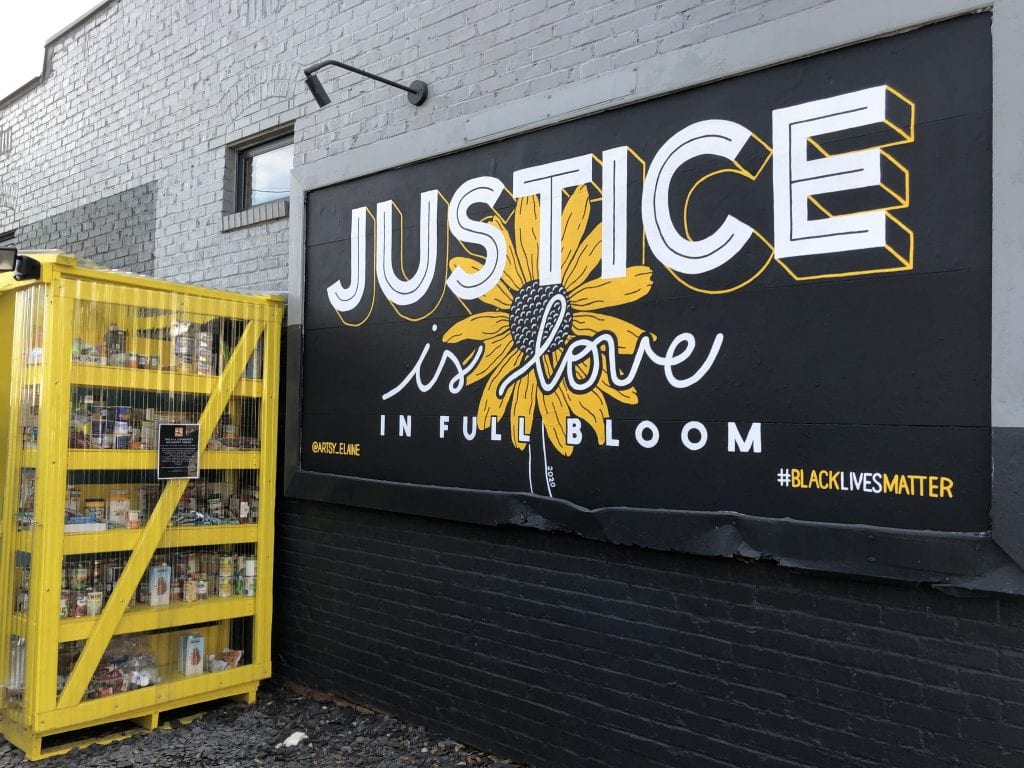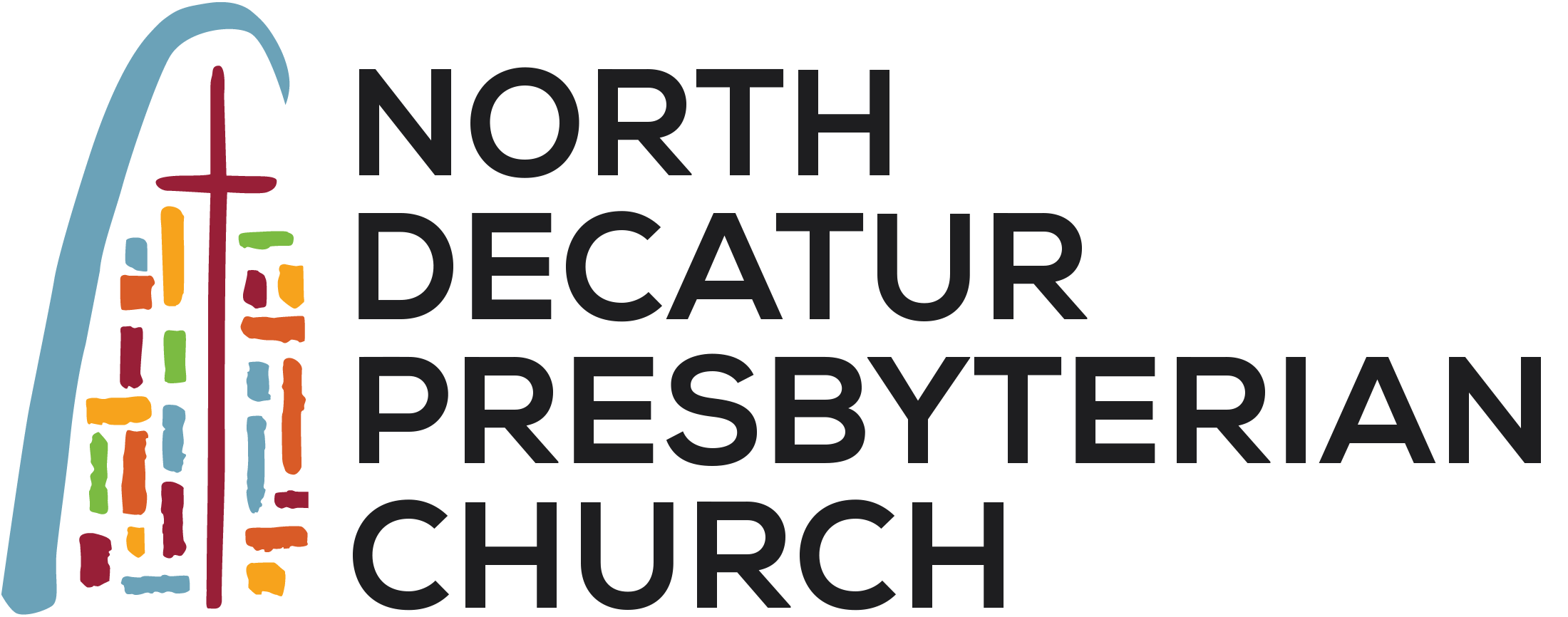
My journal entry from March 18 2020 reads as follows:
“Tomorrow I’m going to start writing about how all of this is happening. The conversations, the parts of our lives it’s affecting, the small kindnesses. But for now, a list of goals:
- Meet a neighbor I didn’t know before [check]
- Vid chat with someone every couple of days [little did I know how exhausting that would be and therefore I did not attain this goal]
- Walk at least 10,000 steps a day with Emmett [check]
- Send a piece of mail a week [….no]
- Start texting/phone banking?? for down ballot races in GA and elsewhere [check]
- Organize important life papers” [to what I was referring here, I am not sure.]
Then on March 27, I wrote: “Day 14 of self-isolation. I’m over it.”
The naïveté on these pages is just shocking! Surely, most of our initial responses were. I imagine that if we all went back to our journals, emails, text messages from these early weeks, we would see we thought of the pandemic in terms of days and weeks – not months or seasons. I tried to create some routine for myself with these goals, but per usual, my overachieving, Type A, perfectionist tendencies took over.
One of the first rituals that we had to pivot in as a faith community was Holy Week. I wrote down some of Mary Anona’s words on Palm Sunday 2020, one of the first virtual services, that we are “not called to be perfect but present in compassion.” Hello and wow. Did she write this for me? This phrase has continued to ring in my head throughout the trials, grief, celebrations, disappointments, and hard conversations of the last 16 months.
I have seen this presence in my colleagues who have made incredible sacrifices for the health and safety of this country. As Rear Admiral Dr. Anne Schuchat said in her NYT op-ed last week, “Public health successes usually take place […] under the radar, which for most of us in this field is just fine; victory often means preventing something bad from happening.” Even with so many hurdles (chronically underfunded state and local health departments; misinformation and disinformation spouted from the highest levels; knowledge changing almost daily about the risks of this virus), our commitment to our country and the health of our neighbors never wavered.
I have seen it in my fellow citizens who showed up to work the polls, to watch the polls, to knock on doors, to answer questions, and to count every vote. I learned a lot about the failures of our democracy last year but also grew in my faith that so, so many people want good things for each other and our country. We certainly were not perfect in our execution of things (Georgia’s June 9 primary, never forget…) but each voter mattered.
I have seen this presence in my predominantly white, liberal, highly educated friend group struggling with how the system of white supremacy benefits us, and what actions we can take to afflict the comfortable – i.e., ourselves. We sweated together on the streets last summer, we pivoted our spending habits to focus on Black-owned businesses, we shared resources for how to effectively advocate for criminal justice reform and the abolition of policing, and we lamented the times we have not demonstrated care and compassion for our Black brothers and sisters.
I saw it in my family’s wrestling with how best to safely celebrate my grandfather’s life while at the same time not put each other at risk for COVID-19. Every time I think about how our story was multiplied by the hundreds of thousands of families, I feel a new wave of grief wash over me. All the families of those whom we’ve lost since March 2020 – not just those who succumbed to COVID – have had to modify our rituals for grief and mourning. As the family’s public health professional, I was assumed to be a consultant of sorts for what we planned. I took on too much mental and emotional responsibility and tried too hard to do it perfectly. I was not compassionate enough with myself or with others, and relationships with my family suffered because of that. So often, I needed Mary Anona’s reminder: “we are not called to be perfect, but present in compassion.”
In what ways have you seen this presence of compassion in yourself or your neighbors during the pandemic? How have you given yourself grace to not be perfect? Where could you grow in faith and presence in the summer ahead?
–Erika Meyer is the Elder responsible for Community Ministries at North Decatur Presbyterian Church

